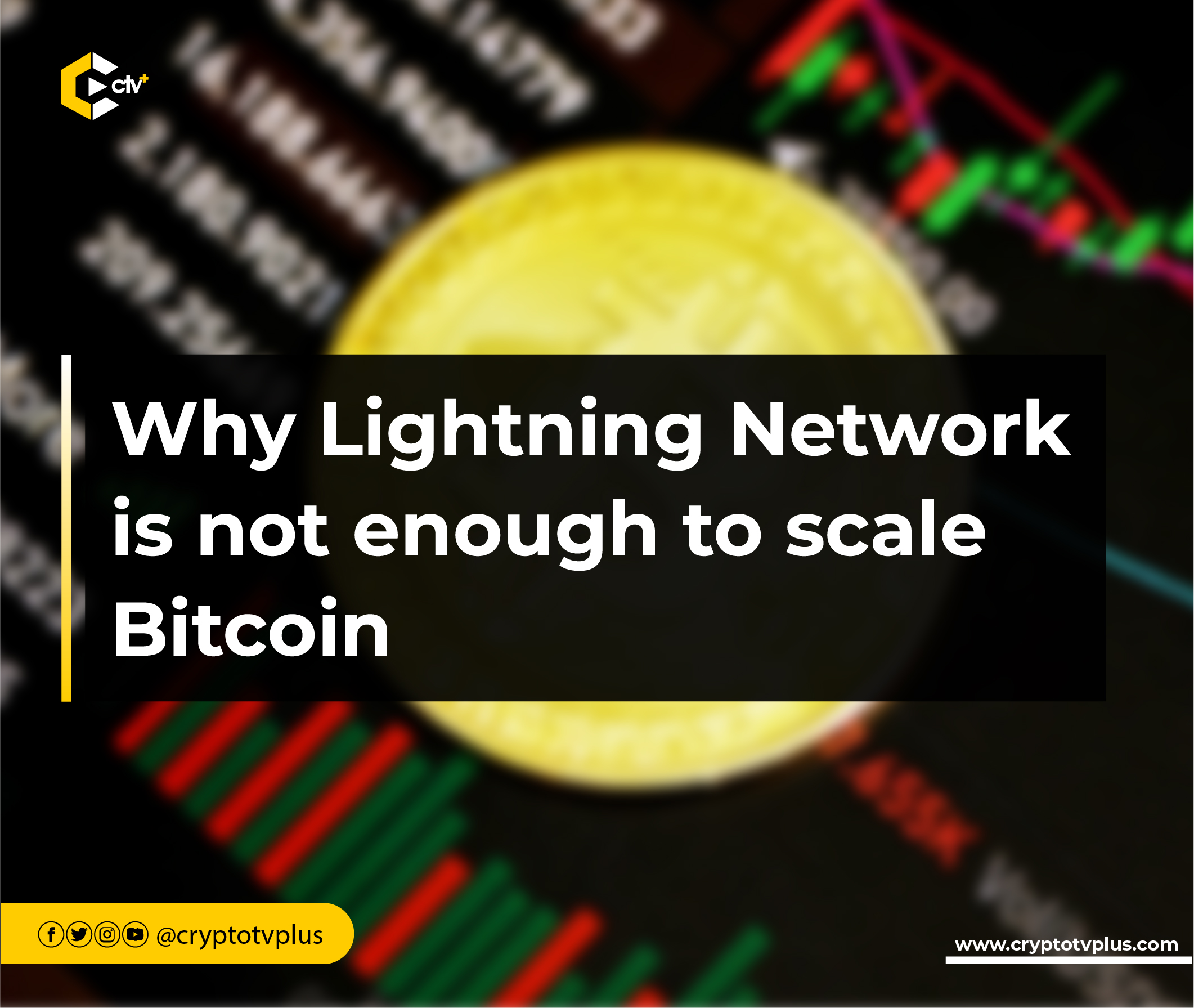FEATURED
Why Lightning Network is not enough to scale Bitcoin

Scaling Bitcoin is an aspect of the protocol that has attracted a lot of discussions because the design of Bitcoin makes it not as scalable as the Ethereum blockchain. However, over the past seven to eight years, the Lightning Network has proven to be one of the most successful projects designed to scale the capacity of Bitcoin.
Aaron Van Wirdum of Bitcoin Magazine, who served as the host of a panel at the Bitcoin 2023 Miami event, said that despite the segwit upgrade, increase in block size, and Lightning Network on Bitcoin, there is still a problem with scaling the Bitcoin blockchain.
The main reason behind this inefficiency of Lightning Network scaling Bitcoin is that “to use Lightning Network, you still need a UTXO” which creates a greater need for at least one Bitcoin recorded on the blockchain. And because the number of transactions that are possible with the Lightning Network is still limited, “it will take decades before everyone” will get to use the Lightning Network.
Jeremy Rubin, a Bitcoiner, speaking about how developers view the scalability of Bitcoin, said that if it becomes impossible to create and offer one UTXO to every user that wants one, then “Bitcoin isn’t a system worth building.” He noted that since the principles on which Bitcoin is based is privacy and to support human rights to freedom over their finances, “then I think that we’re failing and we need to maybe explore other ways of getting there.”
Amiti Uttarwar, a Bitcoin Core contributor, added that while a few years ago developers were so concerned about the scalability of the Bitcoin protocol, the enthusiasm started diminishing after the release of the Lightning Network. Devs are now more focused on projects around “peer-to-peer transport encryption and package relay.”
Can ossification help?
The host also added that ossification is an option that can come into the Bitcoin protocol but it is not compatible with the vision of the protocol. Ossification refers to the general tendency for protocols to become increasingly difficult to upgrade as they grow in adoption
Tadge Dryja, who works on Bitcoin and Lightning, noted that in recent times, there has been some level of politicization of the structure of Bitcoin, especially as it relates to its scalability. She believes that in the discussion about ossification, it is important for the ecosystem to consider privacy and security, which are core tenets of Bitcoin.
“If your government can identify your name and your physical address based on your on-chain transactions, then that can make it so that you cannot participate in Bitcoin.” She added that the outlook for Bitcoin should always be from a security perspective as the protocol becomes more accessible to the world at large.
Read also;
How Bitcoin can beat debt colonization in developing countries
























